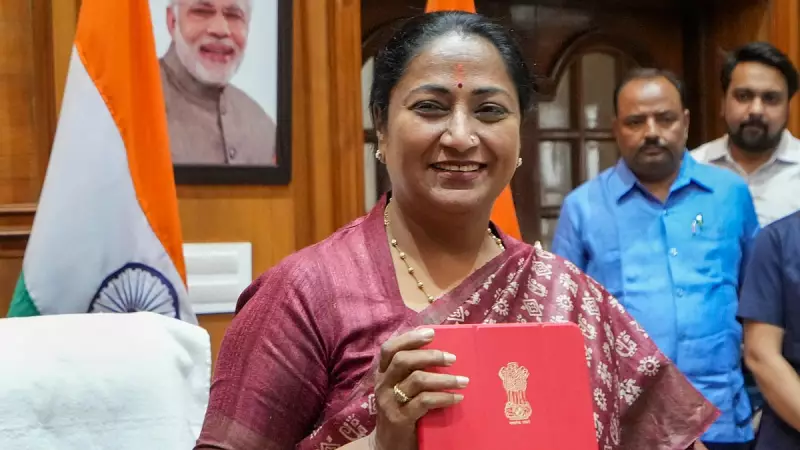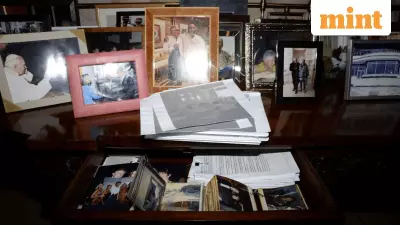
In a groundbreaking move to tackle Delhi's perennial pollution nightmare, Chief Minister Rekha Gupta has declared cloud seeding technology as an essential intervention that the national capital cannot afford to ignore any longer.
The Pollution Crisis Demands Radical Solutions
With winter approaching and air quality already showing alarming deterioration, the Delhi government is looking toward scientific innovation as their primary defense. Cloud seeding, a weather modification technique that induces artificial rainfall, could become Delhi's newest weapon against toxic air.
"The situation has become so critical that conventional measures are no longer sufficient," emphasized CM Gupta during a high-level meeting addressing the pollution emergency.
How Cloud Seeding Could Clean Delhi's Skies
The proposed technology involves dispersing substances like silver iodide or salt particles into clouds to stimulate precipitation. This artificial rainfall would effectively wash away dangerous pollutants including PM2.5 and PM10 particles that regularly choke the city during winter months.
Environmental experts present at the meeting highlighted several advantages of this approach:
- Immediate impact on air quality within hours of implementation
- Natural cleansing mechanism without chemical side effects
- Potential to cover large geographical areas simultaneously
- Proven effectiveness in other pollution-plagued cities worldwide
Timing is Everything
The Chief Minister stressed the urgency of implementing this technology before the pollution season reaches its peak. Historical data shows that Delhi's air quality typically plummets between November and January, creating health emergencies that affect millions of residents.
"We cannot wait until hospitals are flooded with respiratory patients to take action," Gupta asserted, indicating a proactive approach to this year's pollution battle.
A Multi-Pronged Strategy
While cloud seeding represents the most technologically advanced component of Delhi's anti-pollution strategy, officials clarified that it would complement rather than replace existing measures. The comprehensive plan includes:
- Strict enforcement of pollution control norms for industries
- Enhanced public transportation to reduce vehicular emissions
- Construction dust management protocols
- Public awareness campaigns about pollution prevention
The proposed cloud seeding initiative marks a significant shift from reactive to proactive pollution management, potentially setting a precedent for other Indian cities grappling with similar environmental challenges.





